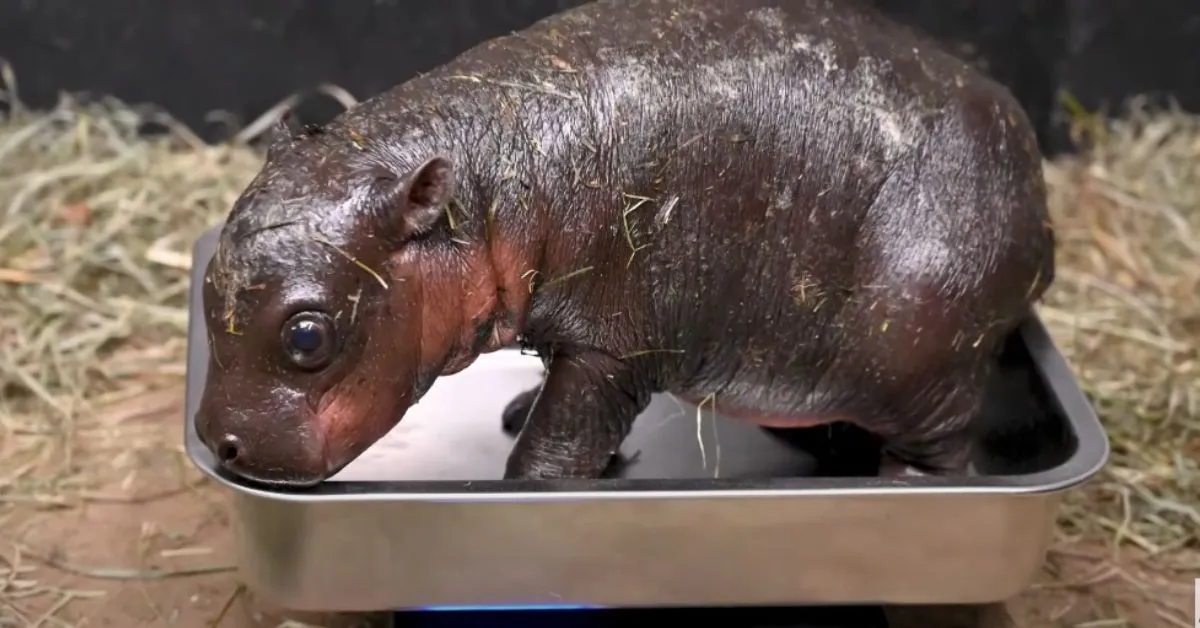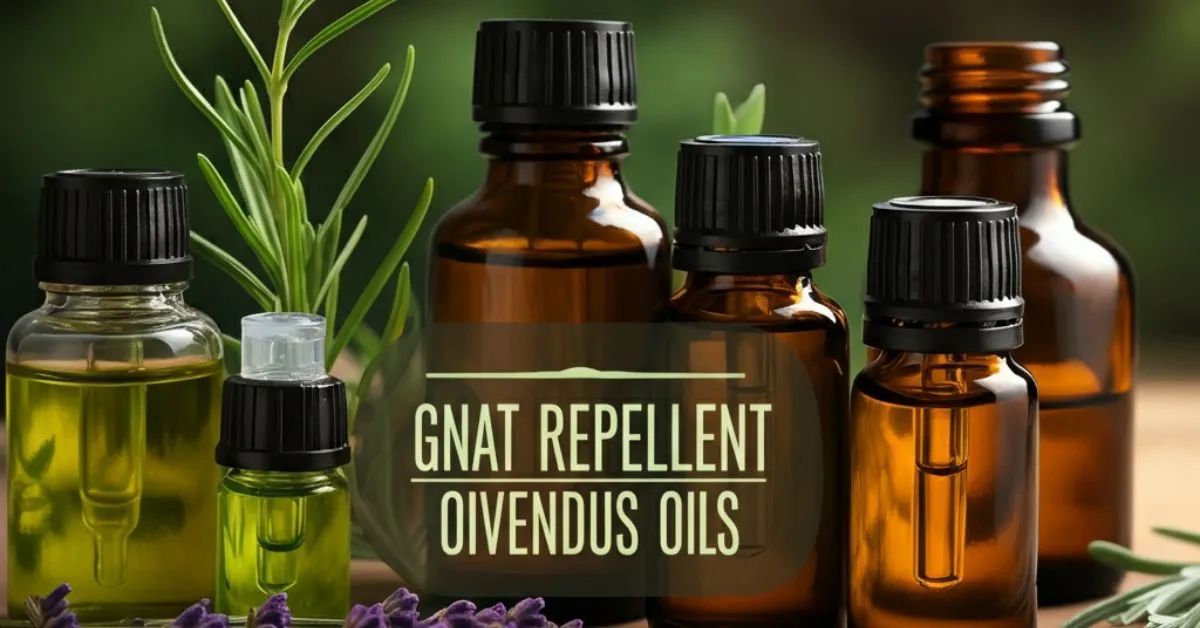The Metro Richmond Zoo aka Virginia Zoo Welcomes Pygmy Hippopotamus Calf. Born on December 9, the newborn is the third calf delivered by Iris, the mother, in five years. This birth is an important milestone for the conservation of the endangered species.
| Details About the Newborn Pygmy Hippopotamus | Information |
|---|---|
| Species | Pygmy Hippopotamus (Choeropsis liberiensis) |
| Date of Birth | December 9, 2024 |
| Weight at Birth | 6.8 kilograms (15 pounds) |
| Gestation Period | Seven months |
| Parents | Iris (mother) and Corwin (father) |
| Zoo | Metro Richmond Zoo, Virginia |
| Conservation Status | Endangered (IUCN Red List) |
| Distinctive Features | Solitary or in pairs; smaller and more reclusive than common hippos |
| Voting for the Name | Vote for the calf’s name here |
Contents:
Conservation Efforts at the Metro Richmond Zoo
Pygmy hippos are classified as endangered. The wild population is estimated at only 2,500 mature individuals. Habitat destruction and illegal hunting are the main threats. Breeding programs in zoos like Metro Richmond are critical to species survival.
The zoo’s program has successfully contributed three calves, each raised under the watchful care of experienced mother Iris. The two previous offspring were relocated to other facilities. This ensures a genetically diverse captive population to aid global conservation.
A Remarkable Birth Witnessed by Many
The birth was observed by zoo keepers and visitors. The calf instinctively moved in the water moments after birth. Iris guided her newborn into their habitat. Both were later transferred to a private hay-bedded enclosure for bonding.
Why Pygmy Hippos Are Unique
Pygmy hippos are smaller and more solitary than their larger relatives. Adults can weigh up to 270 kilograms, a fraction of the size of common hippos. They are nocturnal and inhabit dense forests in West Africa, which makes studying them in the wild challenging.
Unlike common hippos, pygmy hippos are usually solitary or found in pairs. This makes their conservation particularly complex, as captive breeding requires careful planning to simulate natural conditions.
What’s Next for the Newborn?
The calf remains with Iris in a private space to encourage natural bonding. The zoo has plans to reintroduce the pair to the indoor pool area soon. Visitors will then have a chance to see the calf up close.
The zoo is also inviting the public to help name the calf. Four names are available for voting:
- Poppy: A tribute to Iris’s floral name.
- Juniper: To honor winter greenery.
- Hammie Mae: A playful nod to Virginia ham.
- Omi: Means “water” in Yoruba, a language from West Africa.
The Bigger Picture: Why Conservation Matters
Pygmy hippos are among the most endangered mammals. Habitat destruction due to agriculture and logging continues to threaten their existence. Conservation programs in zoos play a vital role in raising awareness and securing their future.
Metro Richmond Zoo’s success demonstrates the potential of well-managed breeding programs. Each calf born adds to the species’ survival prospects, both in captivity and potentially in the wild.
Read Also: What do Ladybugs Eat and Drink?
A Future Filled with Hope
The newborn calf symbolizes a small but significant victory for wildlife conservation. Each new life is a reminder of the efforts needed to protect endangered species. Programs like these inspire people to support conservation initiatives worldwide.
This birth marks a heartwarming end to the year for the Metro Richmond Zoo. Visitors eagerly await the chance to meet the calf and contribute to her journey by voting for her name. The zoo’s continued efforts underline the importance of preserving species like the pygmy hippopotamus for generations to come.






